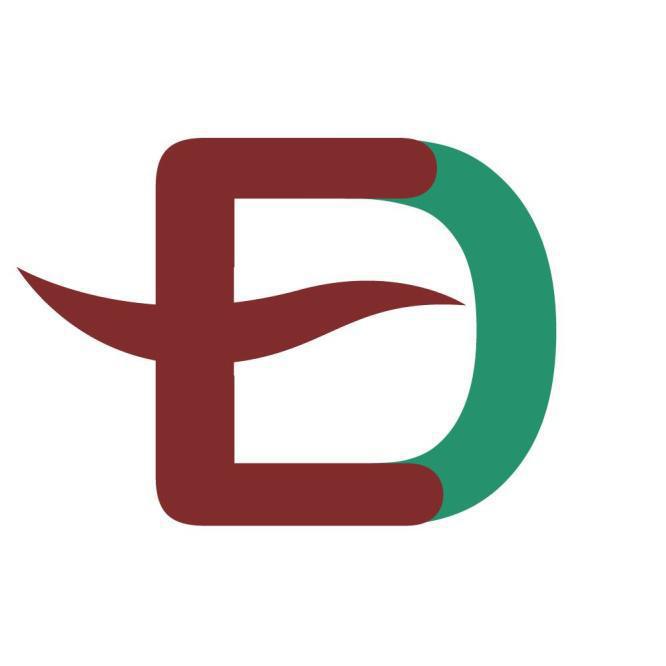I’m a 37 year-old girl who suffered from bulimia for 20 years, starting at the age of 14. Around 7 years ago I hit rock bottom, when feeling all the damaging effects of the illness from a psychological and physical perspective. I was tired of lying and feeling ashamed. I had gone through periods of recovery, then falling under the effects of bulimia again, passing through restriction and feeling awful inside out. I knew what I was doing wasn’t right but opening up about my thoughts and feelings again was tough, especially as in theory I was “recovered” after having gone to therapy for a number of months.
Bulimia is a cruel illness as externally people don’t have to necessarily see you’re going through so much, unless you speak out or they are aware of the potential side effects and they sense what is going on... Although people don't tend to see it, and it can last years until you acknowledge that that is not doing you any good.
I finally took the reins and decided to open up my options, thinking perhaps other ways of complementing therapy would be my final solution. After googling and reading online about recovery, I got in touch with a health coach, a girl who was my age and who had gone through the same, who trained as a coach and put together a program with content about the many aspects of recovery from an eating disorder. Reading about how she had felt during her journey made me think I wasn’t alone and we had a few sessions together. It was relieving to see I wasn't the only one with those thoughts, feelings and coping mechanisms... Putting it as a "very bad habit" rather than an illness gave me the strength to work on it, step by step. It wasn't easy: there were relapses, there were tears and deep emotions to be uncovered. But the pace out of it was what allowed me to get to know myself and discover who I really wanted to become.
Recovery has allowed me to feel healthy and full of energy, and without having to hide secrets anymore. I am genuinely enjoying life and have the drive and mental concentration to do those things I love: travelling, drawing, meeting friends, studying, reading... The most enlightening part of recovery was to find out that I could feel the urges and know I didn't have to act on it, that I could observe and let go, and move on to things that fulfil me. I am now passionate about trying restaurants, new meals and sharing those experiences with others. Feeling full and knowing that those nutrients are making me stay alive and kicking, savouring every flavour and texture. Learning more about the basics of nutrition and eating often to not feel overly hungry have also been important pieces in the journey. I try to keep a balance between eating healthy and treating myself to those foods that before would have been “forbidden”, as well as exercise to feel good and move in general. I fell in love with mindfulness and meditation, to listen to my inner self and rest when I need rather than fighting strong emotions, using damaging coping mechanisms.
You’re not alone in this. You’re strong for looking for recovery options and build a customised selfcare toolbox that will help you to recover in a sustainable way. You’ve gone through so much and deserve to live at ease, loving yourself from the inside out.

